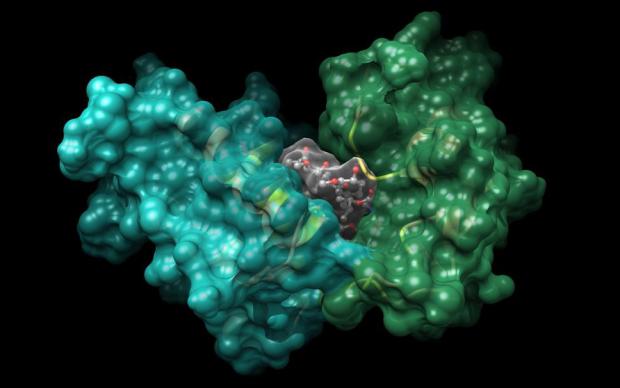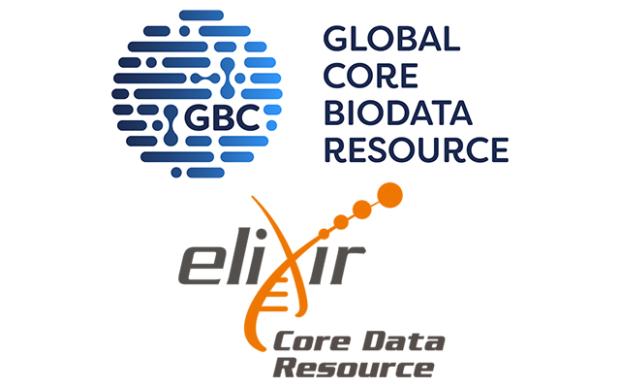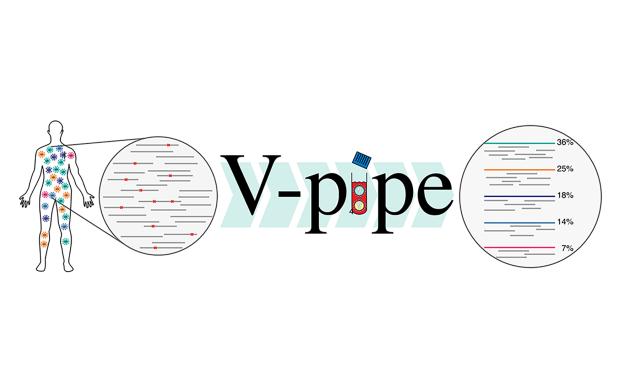V-pipe: an SIB Resource to mine viral genomes and improve clinical diagnostics

The clinical use of genomics tools, for example in the context of infectious diseases, is on the rise. But it still represents a daunting analytical task, in particular when it comes to identifying and quantifying the variants of a virus in a patient – an achievement that could, for instance, help fight resistance. First speaker of the in silico talks series, SIB Group Leader Niko Beerenwinkel at ETH Zurich introduces V-pipe, a new SIB Resource and end-to-end pipeline tool to mine viral genomes and improve clinical diagnostics. Discover how to use the tool, how to build your own analytical pipeline, and how to join the V-pipe user community.
About the in silico talks series – The latest in bioinformatics by SIB Scientists
The in silico talks online series aims to inform bioinformaticians, life scientists and clinicians about the latest advances led by SIB Scientists on a wide range of topics in bioinformatics methods, research and resources. Stay abreast of the latest developments, get exclusive insights into recent papers, and discover how these advances might help you in your work or research, by subscribing to the in silico talks mailing list.
From an emerging tool to a fully fledged resource
In 2017, V-pipe joined the portfolio of SIB’s supported resources as a promising emerging resource – today, the tool is fully fledged and has its own website, events, and community. “Whether it's by ensuring that we can provide our users with expert assistance and continuous tool development, or by benefitting from User eXperience (UX) best practices to help grow our user base, SIB’s support is key to making a resource such as V-Pipe sustainable, beyond the length of single project” says Niko.
Due to their unique evolutionary traits, including high mutation rates and short generation times, viruses tend to form very diverse populations within each patient, harboring many different variants. This is of particular significance as even low frequency virus variants can lead to resistance and treatment failure.
Next-generation sequencing, which makes it possible to increase the sensitivity of viral diagnostics by quantifying the respective proportion of each variant in a patient (intra-host genomic diversity), poses several analytical challenges, because the sequencing reads are typically very short and error-prone.
Enter V-pipe, a computational pipeline starting with the next-generation sequencing samples from the patient, which, thanks to a number of steps, provides a complete reconstruction of the virus population with respective variant frequencies.
From bioinformaticians embedded in clinical environments to researchers in the infectious diseases or phylogenetics field, V-pipe addresses the needs of a wide range of users. “It is really exciting to see that V-Pipe is already being used by several groups from across Switzerland. For instance, it is already being incorporated into HIV research and diagnostic applications at the University Hospital of Zurich,” says Niko.








